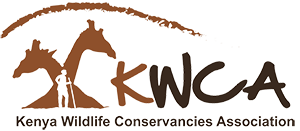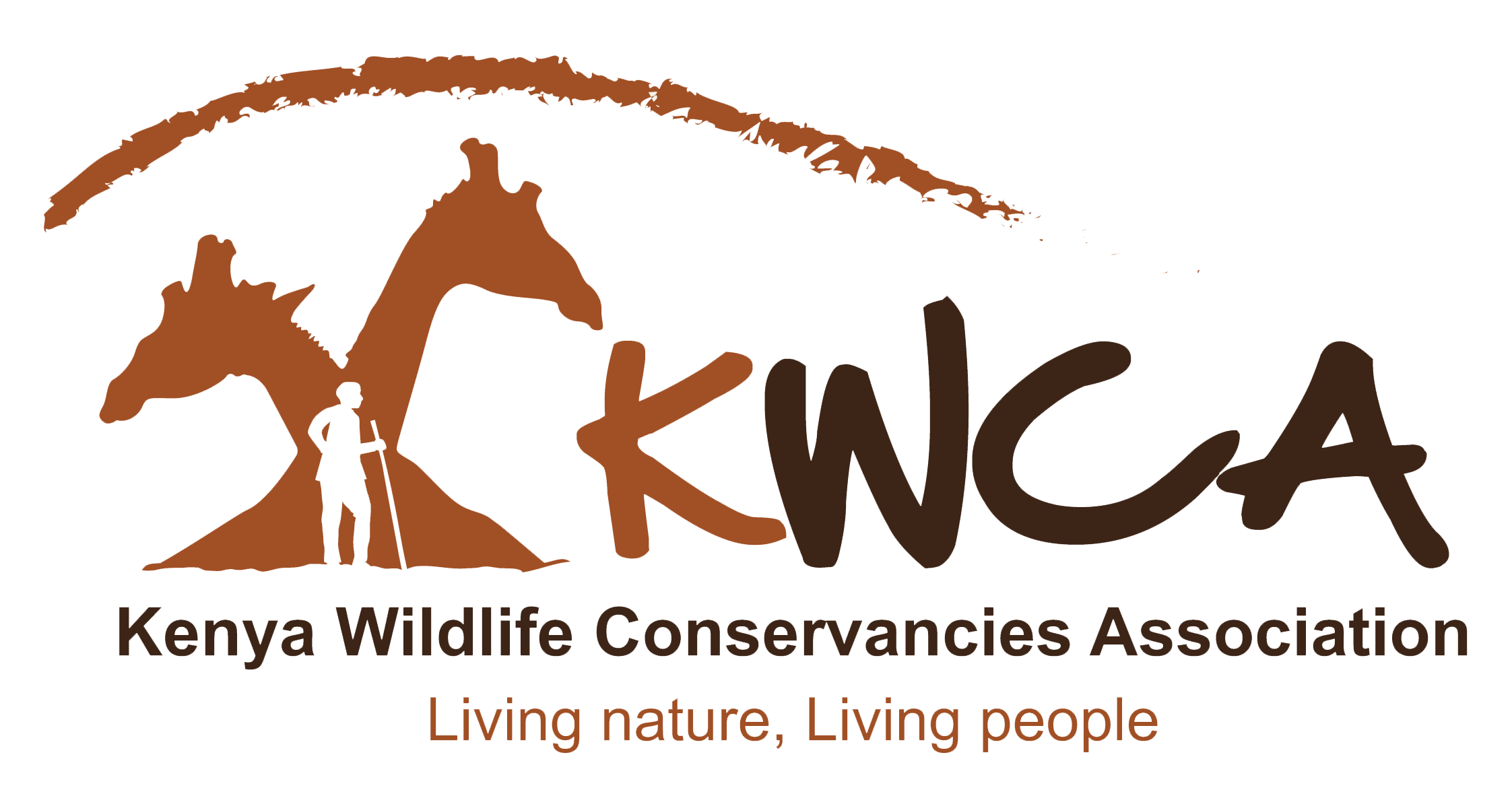Consultancy Opportunity: Development of KWCA Carbon Credits Projects Engagement Strategy
INTRODUCTION
The Kenya Wildlife Conservancies Association (KWCA) is a national landowner-led membership organization, established in 2013 to serve the collective interests of over 200 community and private conservancies in Kenya. KWCA works to create an enabling environment for conservancies to thrive by advocating for enabling policies and incentives and supporting them through information sharing, and capacity building. KWCA recognizes that conservancies represent a strong mechanism to promote wildlife stewardship and custodianship by local communities and landowners to coexist with wildlife.
BACKGROUND
Carbon markets provide a mechanism for channeling domestic and international finance into climate mitigation activities. The broad landscape of these markets has been used for voluntary purposes in fulfillment of climate commitments as well as for meeting the requirements established through international agreements including nationally determined contributions (NDCs) under the Paris Agreement through Article 6.
In recent years, carbon credit markets have gained momentum across the world. Carbon markets offer an incredible opportunity to unlock the climate finance needs of African economies. Over the past few years, several carbon credits projects in Africa with some in Kenya have had significant contributions to carbon emission reduction while empowering local communities to implement mitigation and adaptation measures.
Carbon trading in Kenya dates back to 2009. To date, the country has achieved significant milestones in positioning itself for carbon trading specifically through the establishment of a comprehensive legal framework. This strategic move positions Kenya as a key contributor to global climate action while building on its status as Africa’s frontrunner in carbon markets.
CONTEXT OF THE CONSULTANCY ASSIGNMENT
Wildlife conservancies in Kenya are predominantly found in the rangelands, featuring arid and semi-arid climatic conditions. The rangeland ecosystem is often constrained due to the unpredictable climate trend and conditions. Majority of the conservancies are considered climate hotspots by virtue of being part of this fragile ecosystem that is prone to prolonged droughts and floods. Whereas this is the case, evidence shows that the lands managed by conservancies are an effective means of sequestering carbon emissions and diversifying livelihoods for the local community from the adverse impacts of climate change.
While the primary income generator for the majority of conservancies is livestock, wildlife, and tourism, there are growing needs and challenges within these conservancies and the communities which are exacerbated by the negative impacts of climate change. To ensure that the conservancies have the capacity to deliver long-term conservation and community benefits, a more diverse and sustainable business model is required. Carbon credits hold the promise of providing an alternative revenue stream while increasing the resilience of local communities within conservancies and creating conducive environments for wildlife to thrive. So far, some conservancies have already adopted the carbon credit projects at the landscape level while others are at the scoping stage.
Over the last couple of months, Kenya has made significant strides in the development of a legal and regulatory framework to enhance its engagement in the carbon markets. Specifically, the Ministry of Environment, Climate Change and Forestry in Kenya formulated the Climate Change (Amendment) Act, 2023 to incorporate carbon markets in and govern the participation in these markets. In addition, other instruments including the Carbon Credit Trading and Benefit Sharing Bill, 2023; Climate Change (Carbon Markets) Regulations 2023; Natural Resources (Benefit Sharing) Bill 2022 have been developed to regulate the carbon trading business.
Despite the fact carbon trading presents an opportunity for Conservancies to diversify their income streams, several challenges are hindering the communities from fully benefiting from the carbon markets. These challenges include limited information on carbon trading and carbon markets; lack of technical capabilities to map emissions, and high reliance on brokers and traders to develop carbon projects and create market linkages which increases the cost of trading in carbon markets making it unreachable to local investors and consequently the communities and conservancies.
In the recent past, KWCA has engaged in advocating for favorable policy, legal, and regulatory frameworks on climate change and carbon trading at the national level while building capacity and creating learning opportunities for its conservancy network on carbon projects. Further, KWCA has organized awareness creation meetings and developed carbon credit guidelines and has also been requested by stakeholders to support county engagements. It is currently unclear what the role of KWCA could be in the evolving carbon credits market and related processes.
In this regard, KWCA seeks to engage a consultant to facilitate the development of a clear engagement framework for its growing conservancy network aligned with the emerging national and international legal frameworks on carbon credits.
OBJECTIVES AND SCOPE OF THE ASSIGNMENT
The overall objective of this consultancy is to develop a strategy that will guide KWCA’s engagement with its conservancy network on carbon projects development.
To achieve this, the consultant will perform the following tasks:
Specific Tasks for the Consultancy
- Hold an inception meeting with the KWCA team to better understand the scope and expectations of the assignment.
- Review existing literature on existing policy, legal, regulatory (PLR), and institutional frameworks both at the local, national, and international on carbon credits.
- Take stock of existing carbon projects in conservancies and the effectiveness of institutional arrangements employed.
- Conduct an assessment to identify constraints and opportunities for carbon projects at the conservancy, landscape, and National levels.
- Hold consultations with key stakeholders to identify context-specific mitigation approaches and specific actions to which KWCA can make the greatest contribution both at the County and National levels.
- Develop a carbon credits projects engagement strategy for KWCA.
- Organize a validation session with key stakeholders.
Expected deliverables /outputs
- A short Inception Report, within one (1) week of commencing the assignment giving a brief outline of the methodology, detailed work plan and activity schedule, team composition, reporting schedule, and any other key issues regarding the execution of the assignment.
- ii. An all-inclusive carbon credits projects engagement strategy.
- iii. Final strategy after incorporation of inputs and comments from the validation workshop.
CONSULTANT (S) REQUIREMENTS
We recommend the following combination of a team for this task.
- Minimum masters level education in climate change, environment, economics, or a related field applicable to this assignment.
- The consultant preferably has a minimum of 8 years of experience, with professional experience in National and International climate change policies and climate change mitigation projects.
- In-depth understanding of domestic and international carbon markets, including voluntary carbon markets.
- Strong organisational, analytical, and reporting skills, presentation skills, attention to detail, and ability to meet deadlines.
GUIDELINES FOR PROPOSAL SUBMISSION
The proposal should demonstrate sound knowledge, technical skills, and capacity as required by the nature of work of the assignment and understanding of the requisite tasks outlined in the scope of work. A consultant who meets the above requirements should submit the following:
- A cover letter outlining relevant experience in line with the key competencies required.
- A technical proposal, detailed implementation plan, and capability statement with a clear methodological approach to the assignment.
- Detailed financial proposal.
- Evidence of experience in similar work including at least 2 recommendations.
- Annexed to the proposal should be CVs of key expertise outlining previous experience while demonstrating the skills and knowledge required to undertake this assignment.
Interested consultants who can deliver this TOR are invited to submit a complete proposal to [email protected] with the subject line “Development of KWCA Carbon Credits Projects Engagement Strategy’’ to reach KWCA on or before 27th March 2024.

